What can I expect if my pet is referred to an ophthalmic specialist?
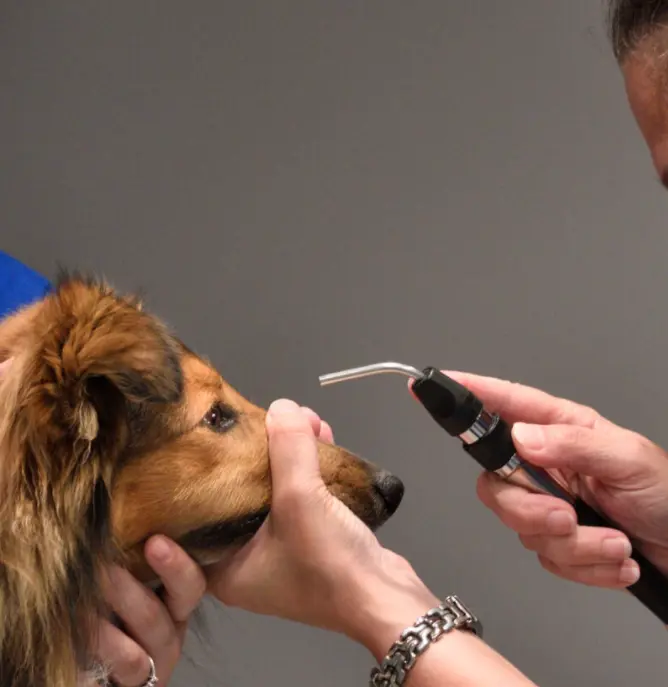 The starting point for each patient referred to Primrose Hill is a full consultation and discussion with you. The routine ophthalmic examinations and further diagnostic techniques that can be performed include:
The starting point for each patient referred to Primrose Hill is a full consultation and discussion with you. The routine ophthalmic examinations and further diagnostic techniques that can be performed include:
- Schirmer tear test readings
- Slit-lamp biomicroscopy and tonometry (rebound or applanation)
- Close and distant direct ophthalmoscopy
- Indirect ophthalmoscopy
- Gonioscopy
- Advanced diagnostic techniques i.e. ocular ultrasonography and electroretinography
What are the most common ophthalmic conditions in pets?
Our Ophthalmologists have a broad range of interests in both medical and surgical eye conditions including:
- Eyelid disorders and reconstructive lid surgery
- Glaucoma management
- Investigation and treatment of ocular inflammatory disease
- Sudden onset blindness/SARDS (Sudden Acquired Retinal Degeneration Syndrome)
- Corneal sequestrum and corneal grafting procedures for the management of corneal ulcers and other disorders of the cornea.
Referral process
Our eye clients are referred by their first opinion or local vet. If you feel that your pet may benefit from referral to us, then do discuss it with your own vet who is welcome to ring us in advance to discuss the problem.
Vet eye specialist near you
| Monday | 8:00 am - 7:00 pm |
| Tuesday | 8:00 am - 7:00 pm |
| Wednesday | 8:00 am - 7:00 pm |
| Thursday | 8:00 am - 7:00 pm |
| Friday | 8:00 am - 7:00 pm |
| Saturday | 8:00 am - 12:00 pm |
| Sunday | CLOSED |
| Bank Holiday | CLOSED |
Pet Ophthalmology Case Studies
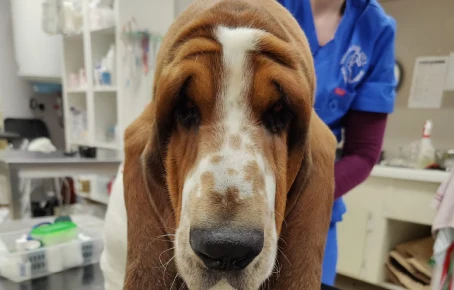
Chief, the Bassett Hound gets facelift to help with sagging eyelids!
Primrose Hill Vets has removed an incredible 1kg of excess skin during a facelift on a Bassett Hound who had been left struggling to see due to his drooping and sagging eyelids.
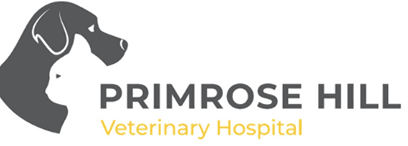


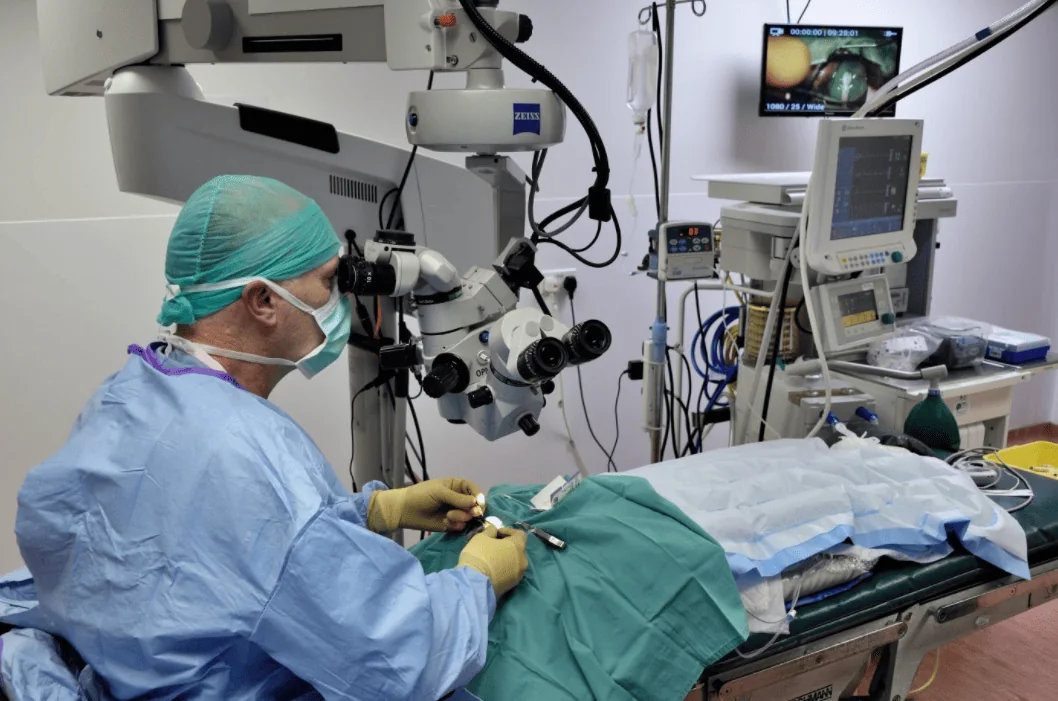
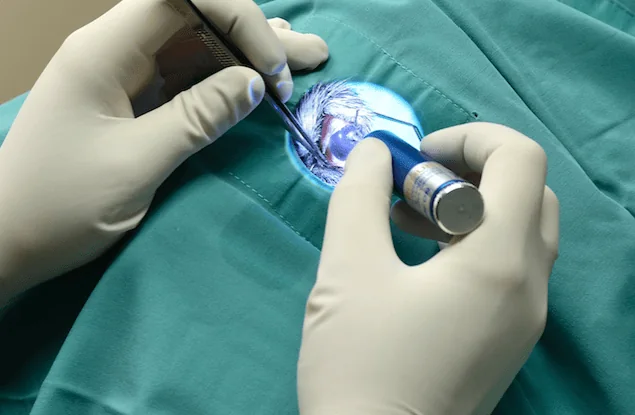
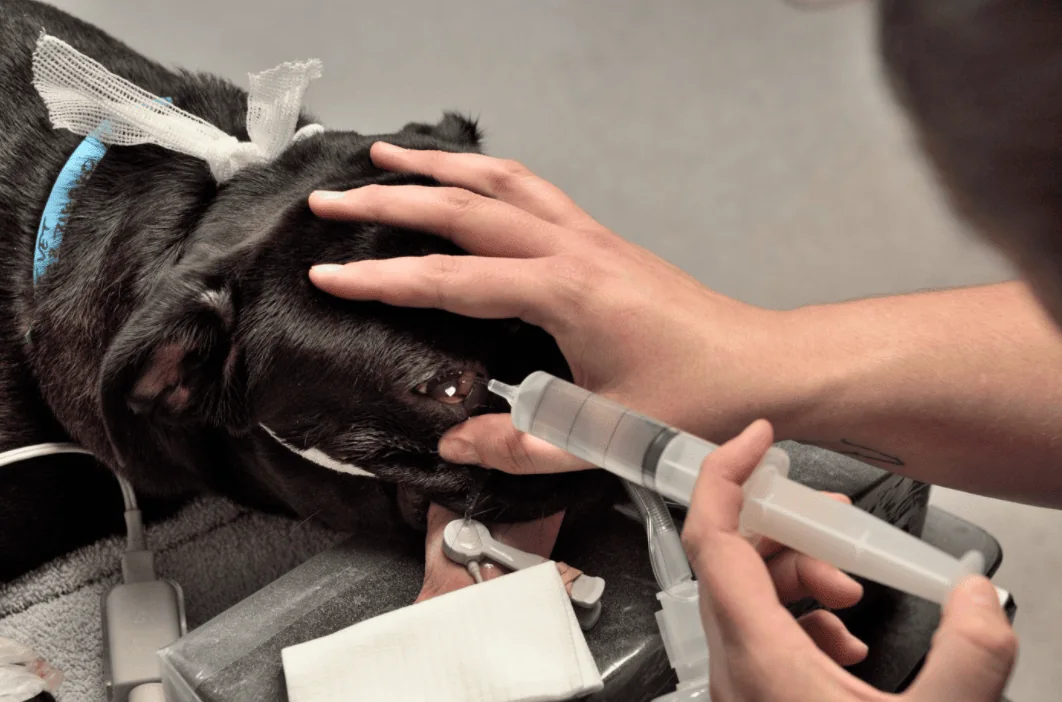

Follow Us: